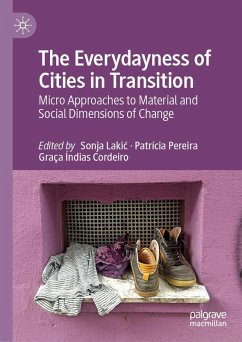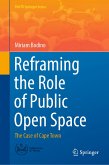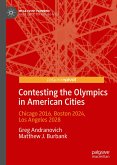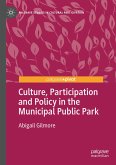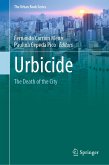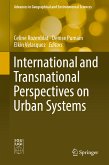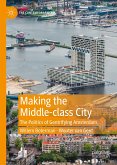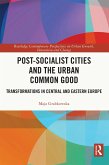Sonja Lakic (PhD in Urban Studies, 2018) is an internationally trained architect, urbanist and curator. Her work revolves around the everydayness of post-conflict cities and lived forms of buildings, with a particular interest in architectural anthropology, buildings as living archives, open architecture and sociological aspects of the built environment. Sonja collects oral histories and practices unconventional ethnography through storytelling, photography and filmmaking. She has thus-far been appointed (visiting) researcher in Italy, Portugal, France and Spain.
Patrícia Pereira (PhD in Sociology, 2013) is a researcher at the Interdisciplinary Center of Social Sciences, School of Education and Social Sciences of the Leiria Polytechnic University (CICS.NOVA IPLeiria) and invited professor at Iscte-University Institute of Lisbon. She is an urban sociologist and ethnographer, focusing on researching subjective experiences of eviction and displacement, while also considering the neighbourhood effects and structural dimensions of urban inequality.
Graça Índias Cordeiro (PhD in Anthropology, 1996) is a professor at Iscte-University Institute of Lisbon. As an urban anthropologist involved with social history and ethnographic insights, her main research interests are urban identities, neighborhoods, ethnicity, Portuguese speaking diaspora, and collaborative ethnography. She has been a visiting professor in Spain, Brazil, and the United States.
Dieser Download kann aus rechtlichen Gründen nur mit Rechnungsadresse in A, B, BG, CY, CZ, D, DK, EW, E, FIN, F, GR, HR, H, IRL, I, LT, L, LR, M, NL, PL, P, R, S, SLO, SK ausgeliefert werden.

